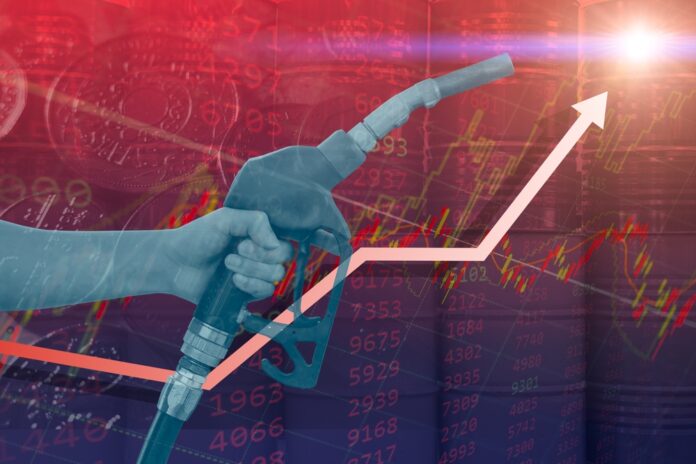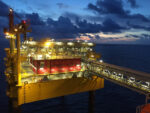Motorists and transport operators should brace for another round of fuel price hikes this week, with oil firms expected to implement significant upward adjustments across all fuel products starting Tuesday.
Jetti Petroleum Inc. announced that gasoline prices could climb by P1.70 to P1.90 per liter, while diesel may increase by P1.00 to P1.20 per liter, based on last week’s five-day trading session in global crude markets.
According to Jetti Petroleum president Leo Bellas, the upcoming price hikes are driven largely by heightened global oil prices following a new trade agreement between the United States and the European Union. Additional pressure on crude prices has come from the US government’s broader stance on sanctions against Russia and those buying its oil.
“Diesel continues to strengthen on tighter global supply,” Bellas said, adding that an unexpected drop in US gasoline inventories has signaled a strong driving season, amplifying demand as summer peaks.
The local currency’s depreciation against the US dollar also played a role in the expected fuel price increases, Bellas noted. He cited ongoing global economic uncertainty, including delayed interest rate cuts by the US Federal Reserve and unresolved trade negotiations, as added factors driving crude oil price volatility.
Last week, fuel companies implemented mixed adjustments — a minor P0.10 per liter rollback for gasoline, but increases of P0.60 for diesel and P0.40 for kerosene.
So far this year, cumulative adjustments have pushed fuel prices up by P9.30 per liter for gasoline, P13.05 for diesel, and P2.95 for kerosene, according to Department of Energy data. As of the last reporting period (July 22–28), pump prices in Metro Manila average P53.50/liter for RON 91 gasoline, P53.10 for diesel, and P75.11 for kerosene.
The anticipated price hikes are expected to increase operational costs for public utility vehicles, freight haulers, and logistics providers — potentially triggering fare hikes or higher delivery fees — and further strain household budgets as inflation pressures persist.







